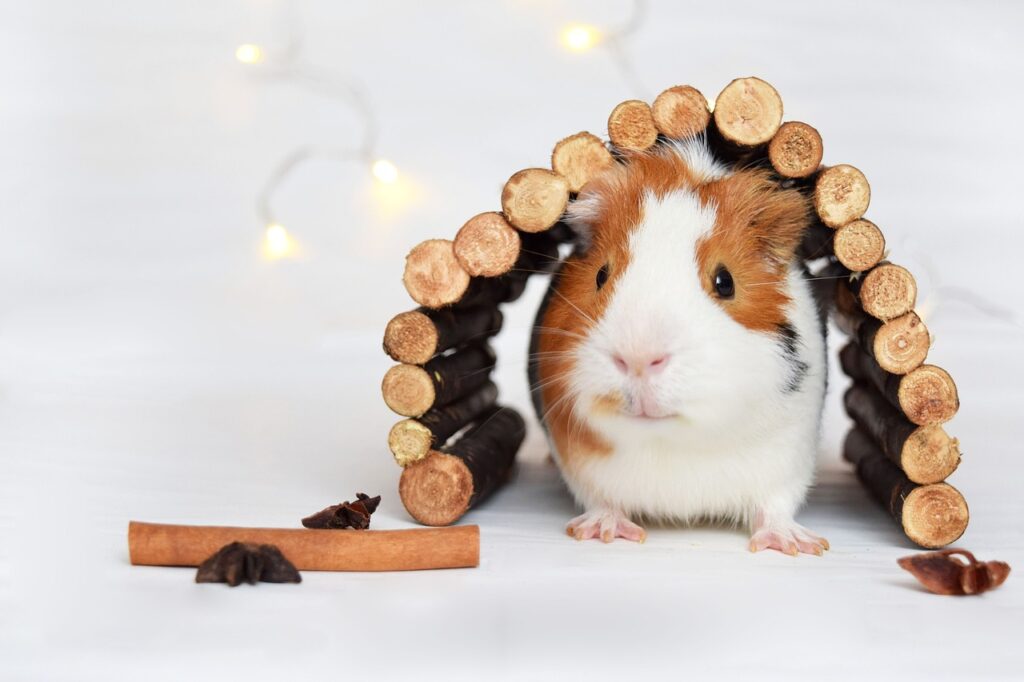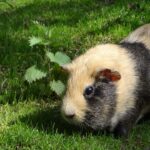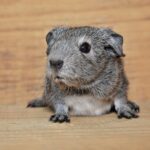Can Guinea Pigs Eat Basil?
Guinea pigs are adorable pets that bring joy to many households. As responsible owners, we always want to provide them with a balanced and nutritious diet. One common question that arises is whether guinea pigs can safely consume basil. In short, the answer is Yes, guinea pigs can eat basil.
The Health Boosts from Basil
Basil, a fragrant herb with a distinctive flavor, not only adds a delicious touch to our meals but also offers several health benefits for our guinea pigs. This herb is packed with vitamins A and K, as well as beneficial minerals like calcium and iron. By incorporating basil into their diet, guinea pigs can enjoy boosted immune function, improved bone strength, and enhanced overall well-being.
Basil’s Immune-Boosting Powers
Basil contains high amounts of vitamin A, a powerful antioxidant that helps strengthen the immune system of guinea pigs. Consuming basil can aid in protecting them against infections and diseases, ensuring a healthier and happier furry companion.
Improved Bone Strength
Guinea pigs require a diet rich in calcium for strong bones and teeth. Luckily, basil is an excellent source of this essential mineral. By including basil in their meals, guinea pigs can promote healthy bone development, reducing the risk of fractures and dental problems.
Overall Well-Being
The combination of vitamins and minerals found in basil contributes to the general well-being of guinea pigs. Including basil in their diet can help support their growth, maintain a shiny coat, and even boost their energy levels.
Recommended Frequency and Quantity
While basil offers numerous health benefits to guinea pigs, it’s important to moderate their intake. Offer basil to your guinea pig as a treat or addition to their regular diet, but not as a primary food source. Aim to include it in their meals two to three times a week, alongside their staple diet of hay, fresh vegetables, and guinea pig pellets. A small handful of basil leaves per serving is sufficient to provide the desired health benefits.
Potential Cautions
Although basil is generally safe for guinea pigs, certain precautions should be considered. Firstly, make sure the basil you feed your guinea pig is fresh and free from any pesticides or chemicals. Always wash the leaves thoroughly before serving them. Additionally, some guinea pigs may have specific dietary sensitivities or allergies, so it’s crucial to observe their reactions after introducing basil into their diet. If you notice any signs of discomfort or digestive issues, consult your veterinarian.
Other Pets That Can Enjoy Basil Safely
If you have other pets at home, such as rabbits or hamsters, you’ll be glad to know that basil can be enjoyed by them as well. However, ensure that the specific pet’s dietary needs align with basil consumption. As always, moderation is key, and it’s advisable to consult with a veterinarian before introducing basil or any new food into your pets’ diet.
Conclusion
To sum up, basil can be a safe and nutritious addition to your guinea pig’s diet. This herb provides valuable health boosts, such as enhanced immune function and improved bone strength. However, it’s essential to offer basil in moderation, alongside a balanced diet of hay, fresh vegetables, and guinea pig pellets. Remember to prioritize your guinea pig’s well-being by sourcing fresh, chemical-free basil and monitoring their reactions. With responsible feeding practices, you can treat your furry friend to the occasional basil treat while ensuring their overall health and happiness.






